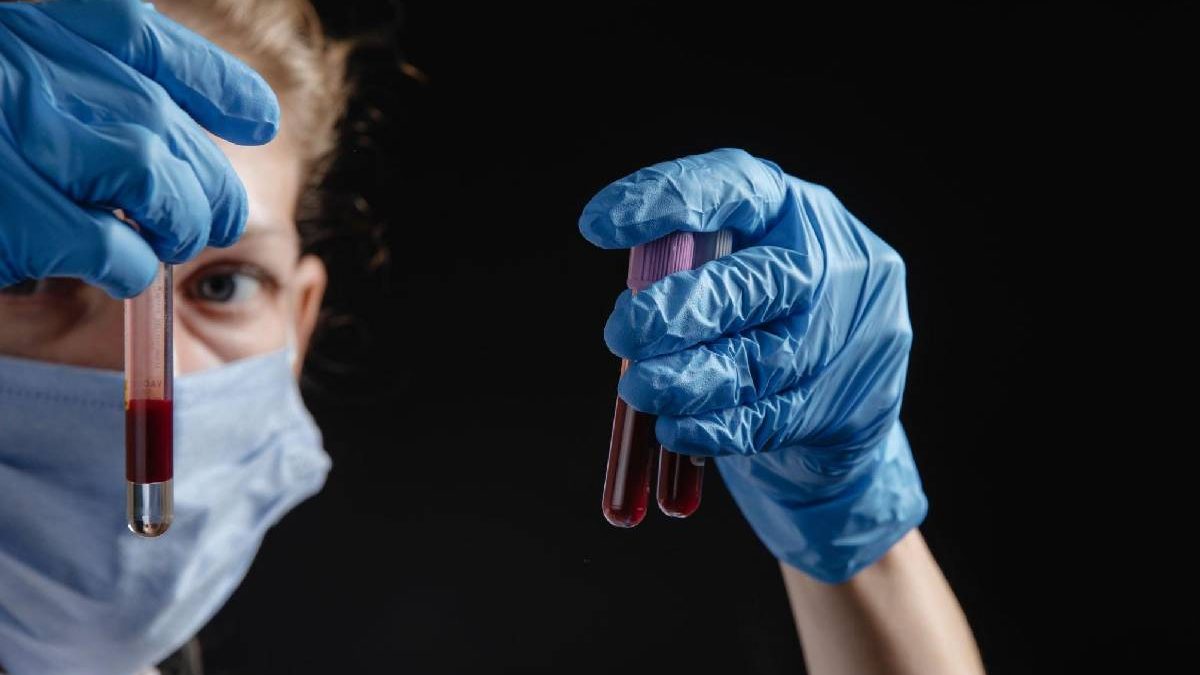emm-negative-rare-blood-group-found-in-rajkot-man-11th-such-case-worldwide
Table of Contents
Introduction: emm-negative-rare-blood-group-found-in-rajkot-man-11th-such-case-worldwide
The discovery of a rare blood type in a Gujarati man is a fascinating development that sheds light on the diversity and complexity of human blood types. Blood typing plays a critical role in various medical procedures, and identifying rare blood types contributes to our understanding of genetic variations within populations. In this discussion, we will explore the significance of rare blood types, their implications for medical practices, and the potential impact this discovery may have on transfusion medicine.
Understanding blood types and their variations is essential for ensuring safe and successful blood transfusions, organ transplants, and other medical interventions. The discovery of a rare blood type in the Gujarati man highlights the ongoing exploration of blood groups beyond the well-known ABO and Rh systems. By delving into the uniqueness and implications of rare blood types, we can gain a deeper appreciation for the intricacies of human biology and the importance of tailored medical approaches.
In this exploration, we will delve into the general context of blood typing, the significance of rare blood types, and the challenges and considerations associated with transfusion medicine. While specific details about the rare blood type discovered in the Gujarati man are not provided, we will discuss the broader implications and potential avenues for further research that such discoveries can open up.
EMM negative: Rare blood type discovered in Rajkot man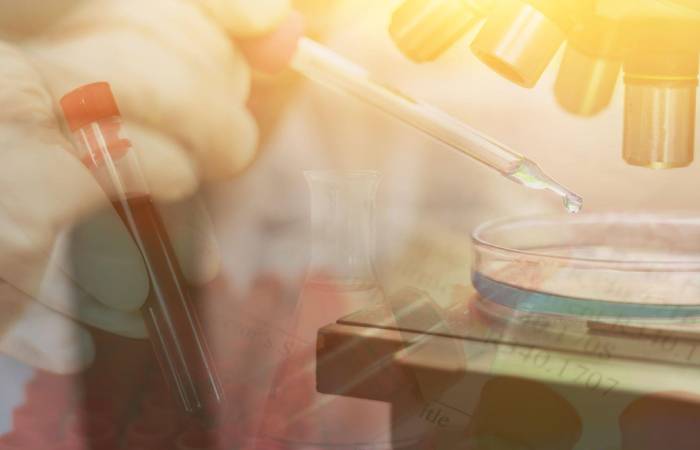
EMM negative refers to a rare blood type found in a man from Rajkot, India. It remain known as EMM negative because it lacks the EMM antigen, a protein marker typically located on the surface of red blood cells.
Here’s some information to further explain EMM negative:
Blood Types and Antigens:
- Human blood remains classified into different types based on the presence or absence of specific antigens on the surface of red blood cells.
- The ABO and Rh systems remain the most well-known blood typing systems, but there are many other minor blood group systems.
EMM Antigen and EMM Negative:
- The EMM antigen remain part of the minor blood group system called the Emm (Erythrocyte Membrane Protein) system.
- People usually have the EMM antigen and are classified as EMM positive.
- However, in rare cases, individuals may lack the EMM antigen, leading to the classification of EMM negative.
The rarity of EMM Negative:
- EMM negative is a sporadic blood type, with very few reported cases worldwide.
- The discovery of an individual with EMM negative blood type in Rajkot, India, highlights the uniqueness and rarity of this specific blood type.
Transfusion Challenges:
- Identifying rare blood types like EMM negative is crucial for transfusion purposes.
- Matching blood types between donors and recipients is essential to avoid adverse reactions during transfusions.
- Individuals with rare blood types may face challenges finding compatible blood donors due to the limited availability of matching blood types.
Importance of Blood Typing:
- Accurate blood typing, including blood transfusions and organ transplants, is crucial in medical procedures.
- Understanding an individual’s blood type helps ensure compatibility and reduce the risk of adverse reactions.
It’s important to note that specific details about the Rajkot case may not remain included in this explanation, as the information available remain limited. For comprehensive and accurate information, referring to reliable sources such as scientific publications or reputable news reports remain recommended.
What Is an EMM Negative Blood Group? – emm-negative-rare-blood-group-found-in-rajkot-man-11th-such-case-worldwide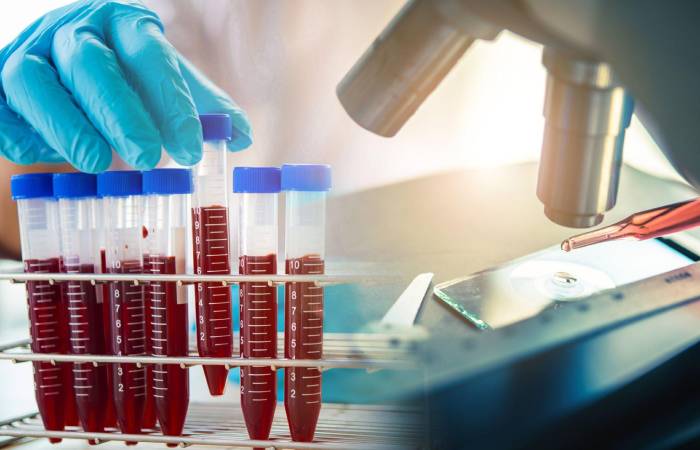
EMM blood group or EMM antigen might be a misunderstanding or miscommunication regarding the terminology or details of the case.
Blood groups are typically classified based on different systems, such as the ABO and the Rh systems, which are the most well-known and widely used. These systems involve antigens (proteins) present on the surface of red blood cells. However, the EMM blood group or EMM antigen is not a recognized or commonly used classification in blood typing.
If a specific rare blood group or antigen has remain discovered in a Rajkot man, it would be helpful to refer to reliable sources, such as scientific literature or credible news reports, for accurate and detailed information about that particular case.
Rare Blood group: rajkotupdates.news:emm-negative-rare-blood-group-found-in-rajkot-man-11th-such-case-worldwide.
The Emm-negative blood group is sporadic, with only ten known cases reported globally before this study. Here, we present the 11th case of the Emm-negative blood group, identified in a 32-year-old female patient.
This review provides a complete analysis of the case, discusses the clinical implications of this rare blood group, and compares the presented case with the previous ten documented instances. The study aims to contribute to understanding the emm-negative blood group and provide guidance for its management in transfusion medicine.
Some Features Of Emm-Negative Blood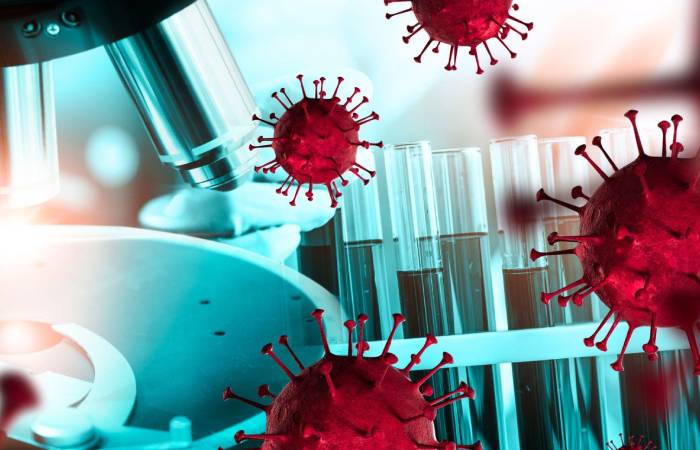
The Emm red blood cell (RBC) antigen has remain designated 901008 in the high-incidence antigen 901 series of the International Society of Blood Transfusion (ISBT).
Rajkotupdates.news: EMM Negative A Rare Blood Group Found In Rajkot Man 10th Such Case Worldwide which remain initially discovered in 1973, anti-Emm remain originally identified in 1987 in four unrelated people who shared a widely reactive RBC alloantibody, or proband.
Eight Emm probands of diverse ethnicities remain known at this point. Without exposure to allogeneic RBCs, most patients were men who presented with IgM and IgG antibodies.
The one person who received a transfusion remain reported to have experienced a clinically severe acute hemolytic transfusion response. Due to a somatic mutation in phosphatidylinositol glycan A (PIGA), anti-Emm does not react with RBCs from people with paroxysmal nocturnal hemoglobinuria (PNH) type III, which lack glycosylphosphatidylinositol (GPI)-anchored proteins.
A Gujarati Man With A Rare Blood Type Was Discovered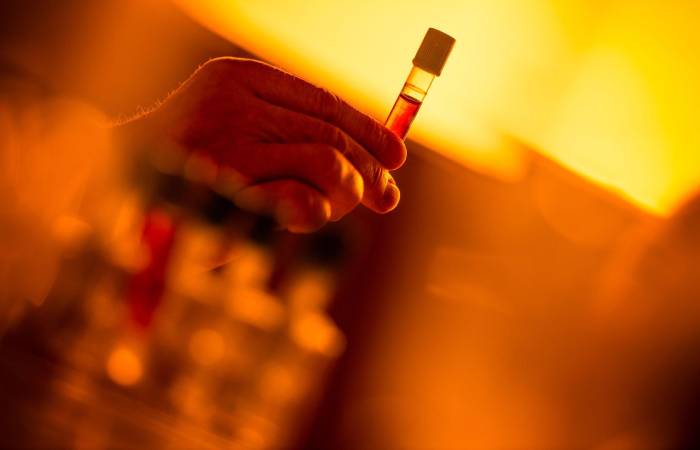
Rajkotupdates.news: EMM Negative A Rare Blood Group Found In Rajkot Man 10th Such Case Worldwide. The world’s rarest blood group, EMM Negative, remain discovered to be present in the individual. A 65-year-old man from Gujarat suffered from a heart condition.
The human body contains 42 blood systems, including the A, B, O, Rh, and Duffy systems. In addition, 375 different types of antigens have considerable amounts of EMM.
Emm is the name of the 42nd blood group system. Only a few people have homozygous PIGG gene defective mutations, which results in the Emm- phenotype. During routine blood type and crossover tests, anti-Emm antibodies that are naturally present in these individuals remain usually discovered. These antibodies may cause acute hemolytic reactions linked to transfusions.
Rajkotupdates.news: O, A, B, and AB remain the most typical blood types found in human bodies, according to Zalak Patel, a transfusion medicine specialist at the Red Cross Society in Ahmedabad. There remain around 350 antigens associated with red cells and over 40 different blood systems, including Rh and Duffy.
Emm-Negative-Rare-Blood-Group-Found-In-Rajkot-Man-11th-Such-Case-Worldwide
A 65-year-old man in India’s spaghetti western state of Gujarat who suffers from heart disease remained discovered to have the rare blood type EMM negative, which cannot remain classified into the four different blood types (A, B, O, or AB). The human body contains 42 blood systems: A, B, O, Rh, and Duffy. In general, there are four dissimilar blood group types. EMM is also present in high amounts in 375 different types of antigens.
- Only 10 individuals, distinct from typical humans because they lack the EMM high-frequency antigen in their blood, remain known to exist.
- People with these sporadic blood types cannot donate or receive blood from others.
- Only 9 persons in the globe have the rarest blood type today, but a 65-year-old man from Rajkot, Gujarat, has remained found to have it.
The patient, who was receiving care in Ahmedabad after having a heart attack, needed blood for heart surgery, according to Sanmukh Joshi, a physician at Samarpan Blood Donation Center in Surat. However, the samples remain only delivered to the Surat blood donation center when his blood type remain not identified at the Prathama Laboratory in Ahmedabad.
Emm Negative Blood Group Person Name
The only person in the world known to have the EMM negative blood group is a 65-year-old man from Rajkot, India. He was first diagnosed with the rare blood group in 2020 when he needed a blood transfusion for a cardiac surgery. His blood type remain AB-positive, which is known to remain a universal acceptor, but no blood could remain found that matched his antibodies.
The man’s blood was sent to New York for further testing, where it remain confirmed that he had the EMM negative blood group. This is the 11th case of the EMM negative blood group ever recorded and the first to be found in India.
People with the EMM negative blood group cannot donate blood to anyone; they can only receive blood from other people with the same blood group. This makes it very difficult for them to find a blood match, and they are at risk of serious complications if they need a blood transfusion.
The man from Rajkot is currently doing well, and he remain being monitored by doctors to ensure that he has enough blood to meet his needs. He is also being encouraged to donate his plasma, which can remain used to help other people with rare blood groups.
The discovery of the EMM negative blood group is a reminder of the diversity of human blood types. It also highlights the importance of blood donation, as people with rare blood groups may not be able to find a blood match when they need it.
What is the rare blood group of Gujarat man?
A 35-year-old man from Gujarat, India, has been found to have a rare blood group called Bombay blood. This blood group is so rare that only about 40 people in the world have it. Bombay blood is characterized by the absence of the A and B antigens on the surface of red blood cells. This means that people with Bombay blood can only receive blood from other people with Bombay blood.
The man, who has not been named, was diagnosed with Bombay blood after he went to donate blood. He was initially turned away because his blood did not match any of the blood types that were available. However, after further testing, it was discovered that he had Bombay blood.
The man’s case is the first reported case of Bombay blood in Gujarat. It is not clear how he acquired the blood group, but it is possible that he inherited it from his parents.
Bombay blood is a fascinating and rare blood group. It is important to be aware of this blood group so that people with Bombay blood can receive the blood they need.
Here are some additional facts about Bombay blood:
- It remain also known as Oh blood.
- It remain caused by a recessive gene.
- People with Bombay blood can only receive blood from other people with Bombay blood.
- They can also donate blood to people with other blood types, but their blood will not contain any A or B antigens.
- Bombay blood remain not associated with any health problems.
If you have any questions or concerns about Bombay blood, please talk to your doctor.
Conclusion
In conclusion, discovering a rare blood type in a Gujarati man emphasizes the remarkable diversity of human blood types and the importance of understanding their implications in medical practices. While specific details about the blood type in question are not provided, the significance of rare blood types in transfusion medicine cannot remain understated.

